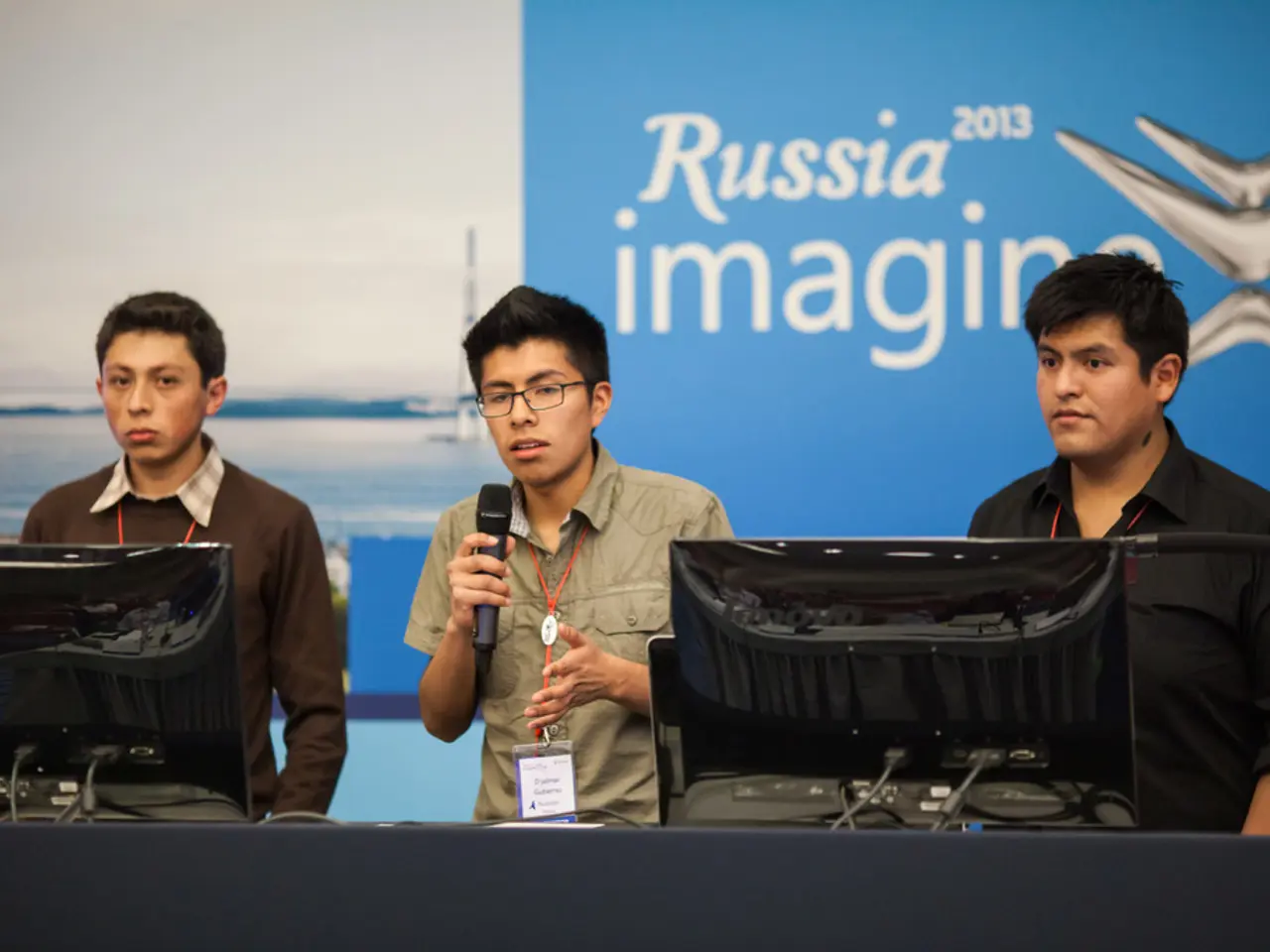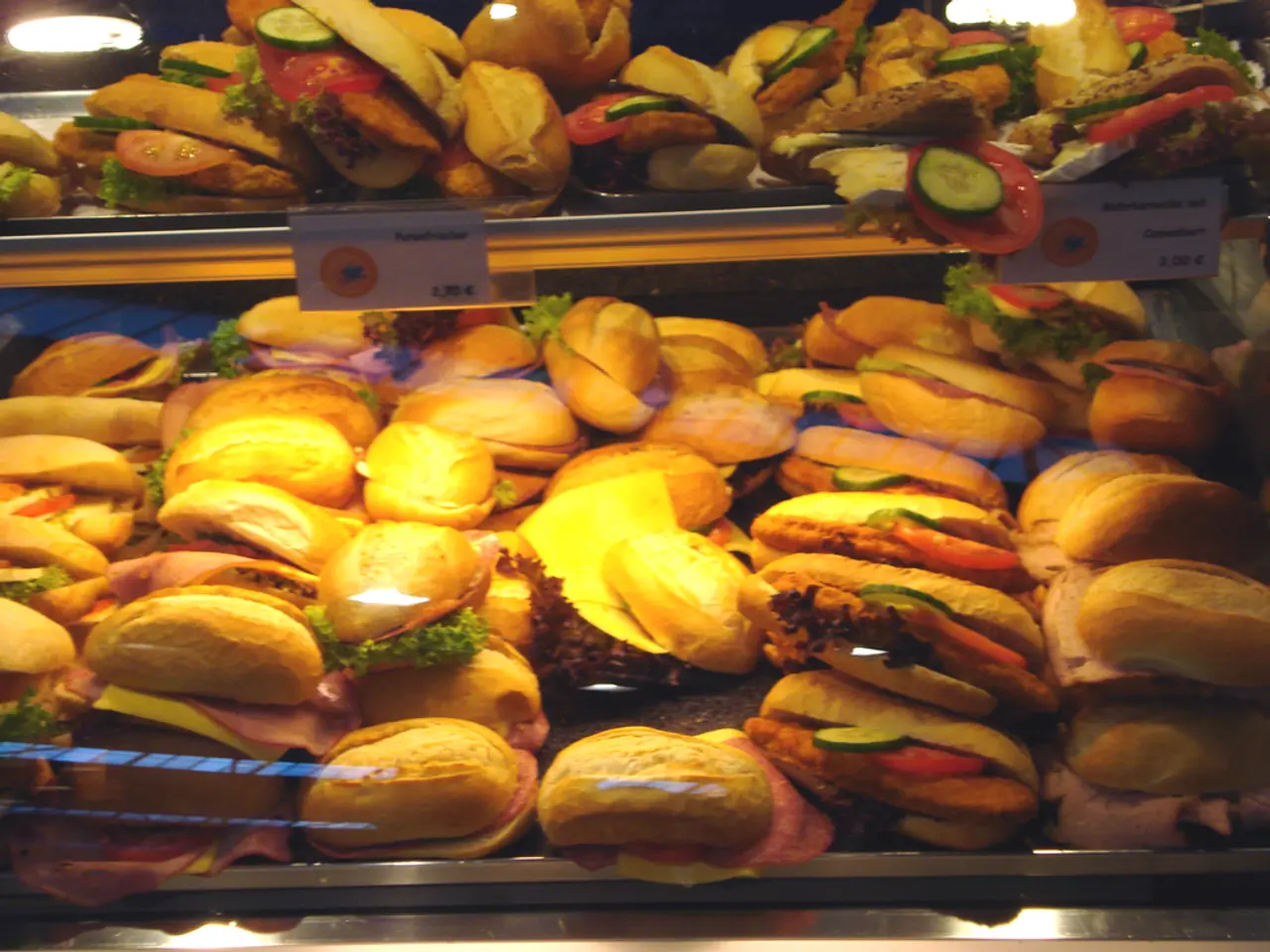Titov revealed Russian vineyard expansion to foreign markets
Russian Wine's Proposed Expansion to Indonesia:
In an interview with RIA Novosti, Boris Titov, owner and major shareholder of the Abrau-Durso group of companies and a member of the Russian Winemakers Association's board, revealed that they intend to bring their wines to the Indonesian market.
Titov explained, "We're already presenting Russian wine on the Indonesian market as a group of Russian winemakers."
While domestically, there's a booming increase in winemaking – over 200 vineyards have opened in the last five years, with the quality of Russian-made wine now comparable to that of Australia, according to Titov. This surge in production is propelling Russian winemakers onto the international stage under the brand "Wine of Russia."
During the ProWine Moscow Export Forum (PMEF-2025), the complete version of the "Wine Atlas of Russia" was introduced. This comprehensive guide encompasses key winemaking regions across the country.
Additionally, attendees at the forum were presented with the findings of a large-scale study reflecting the current state and potential of Russian winemaking. This research gathered data on major winemaking regions like Crimea, Krasnodar Krai, Rostov Oblast, Dagestan, and others.
According to Anton Kobyaokov, responsible secretary of the PMEF-2025 organizing committee, strengthening the scientific foundation of Russian winemaking will help improve product quality and foster a refined wine culture in the country.
In light of Russia's burgeoning winemaking industry, it's worth examining recent trade developments, regional market context, and broader wine trade trends in Southeast Asia to better comprehend the potential for Russian wine in the Indonesian market.
Presently, bilateral trade between Russia and Indonesia has experienced substantial growth, with an increase of 40% in the first quarter of 2025. This expansion follows a 2.5% rise in 2024, amounting to $4.3 billion in total trade last year. Agricultural products and wheat have played a significant role in this development, underscoring the deepening economic ties and strategic partnerships between the two countries. However, specific data on Russian wine exports to Indonesia are still scarce.
Southeast Asia, including Indonesia, is on the rise as a vibrant and growing market for wine and alcoholic beverages. The region boasts a large, youthful population with a growing middle class, and alcohol beverage revenues are projected to grow by around 10% from 2023 to 2027. Indonesia itself is a notable player in the Asian wine market, with 3 billion liters of wine produced annually, accounting for 14% of Asia's wine and grape must production.
The ASEAN region is gaining importance in the global wine trade, with events like Vinexpo Asia 2025 facilitating extensive interactions among regional buyers and international producers, suggesting an expanding market opportunity for new entrants such as Russian wine exporters.
The potential for Russian wine exports to Indonesia is promising, given Indonesia's growing wine market and the overall expansion of Southeast Asia's economy. However, the historical wine export traditions of other countries like Georgia often outshine Russian wine. For Russia to make its mark, strategic marketing, partnership development, and adaptation to local consumer preferences will be crucial.
Innovative sales strategies, like digital direct-to-consumer wine sales models, could also play a significant role in Russian wineries gaining traction in Indonesia's developing wine market.
- The burgeoning Russian winemaking industry, with its high-quality produce, might find excellent opportunities in the finance sector, as they ventures into the Indonesia market, considering the region's growing alcohol beverage revenues.
- As the Abrau-Durso group of companies, along with other Russian winemakers, begin to expand their business operations in the finance markets, it will be essential to understand the competitive landscape within the industry, especially with established players like Georgia in Southeast Asia.




